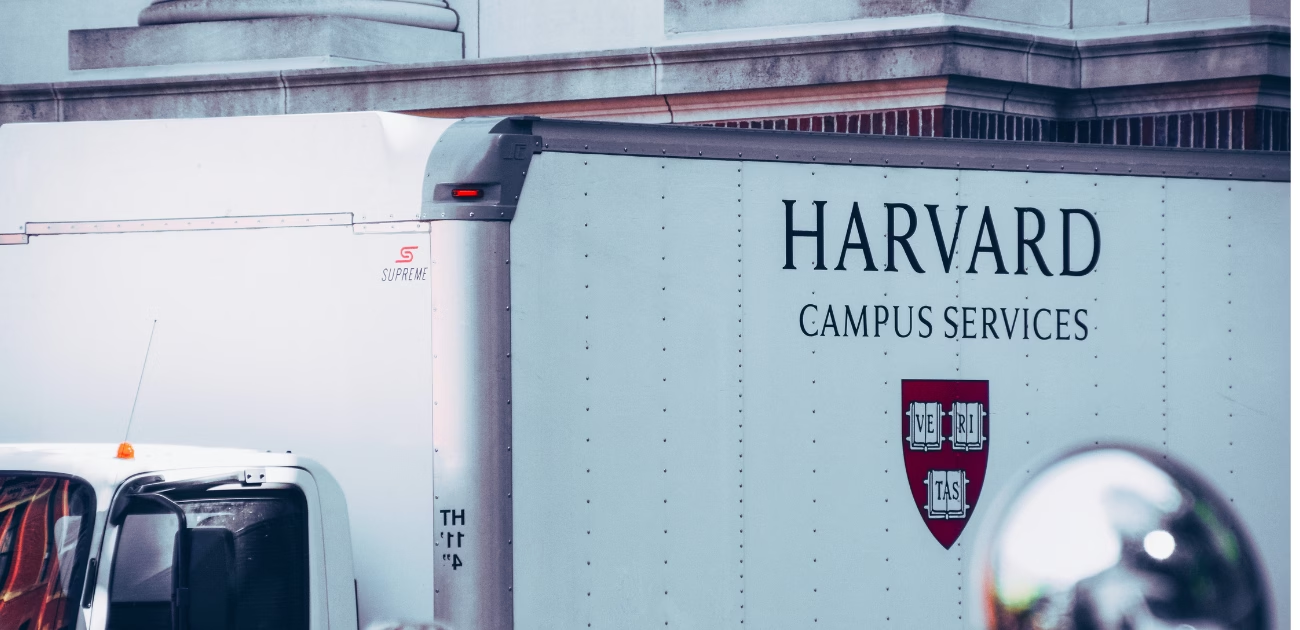For years, attending Harvard, an Ivy League institution, seemed unattainable for many families, including those in the middle class. Tuition, room, board, and fees could easily exceed $80,000 annually, creating the impression of an exclusive university reserved for the ultra-wealthy. However, Harvard is now changing the narrative.
Beginning in 2025, families with an annual income of $200,000 or less will pay no tuition. Harvard will cover all costs for families under $100,000, including tuition, housing, meals, health insurance, and travel.
Beyond Elite Access: A New Reality
Students from middle-class backgrounds often find themselves in a challenging position. Their families may earn too much to qualify for full financial aid but not enough to afford a private university’s expenses. With these changes, these students can now apply to Harvard without the burden of substantial student debt.
This policy aims to create opportunities and expand access. Imagine a high school student from a small town or someone interested in continuing their education who previously believed Harvard was financially out of reach. This policy alters that perception.
The Broader Impact of Harvard Free Tuition
Harvard’s decision signals a broader trend: leading universities recognize that talent exists across all income levels and that financial barriers should not impede access to education. Other elite institutions, like MIT and the University of Pennsylvania, have also implemented similar initiatives to support middle-class families. This approach could encourage more universities to reassess their admission and financial aid strategies.
Furthermore, this initiative promotes diversity on college campuses. When students from diverse economic backgrounds come together, it fosters a richer and more dynamic learning environment. Harvard is not only making education more accessible but also enhancing the educational experience for everyone.
Harvard’s Leading Fields of Study
Beyond prestige, Harvard is home to some of the most sought-after academic programs in the world. Students who gain access through this expanded financial aid initiative will be stepping into a university known for excellence in:
Law and Government: Harvard Law School has produced U.S. presidents, Supreme Court justices, and global leaders.
Medicine and Public Health: Harvard Medical School and the T.H. Chan School of Public Health are leaders in medical research, innovation, and policy.
Business and Economics: Harvard Business School is known for shaping the world’s top executives and entrepreneurs.
Engineering and Technology: Harvard is making strides in the future of tech with strong programs in AI, data science, and bioengineering.
Humanities and Social Sciences: Harvard fosters thought leaders from philosophy to sociology who challenge how we see the world.
Students now can pursue these world-class fields without financial strain, making elite education accessible in unprecedented ways.
Looking Ahead
This announcement marks a significant shift in higher education. As universities nationwide grapple with rising costs and potential students’ debt concerns, more institutions may follow suit. Will this inspire a fundamental change in how college tuition is structured? Only time will tell. For now, Harvard has broadened access to a world-class education.
If you or someone you know has hesitated to apply to an Ivy League school because of financial concerns, now is the time to pursue those aspirations. The doors are opening.
You can find their admission application requirements on the Harvard website.







